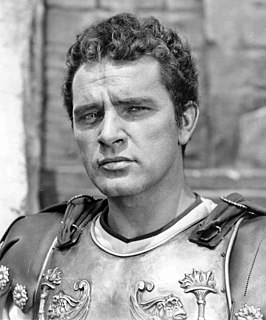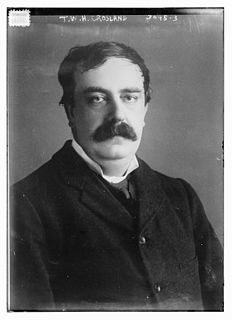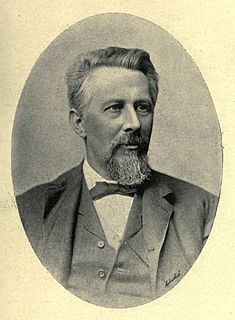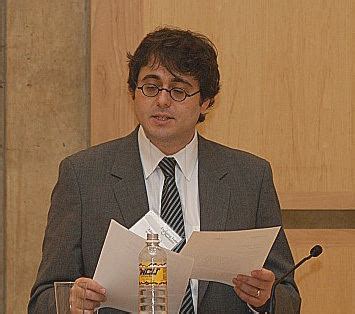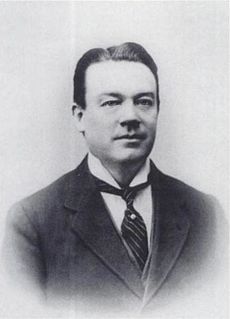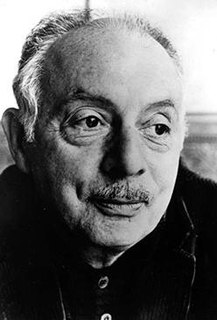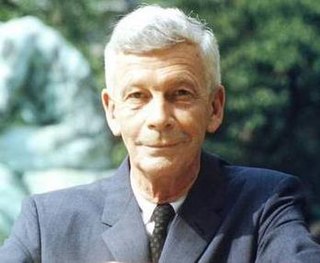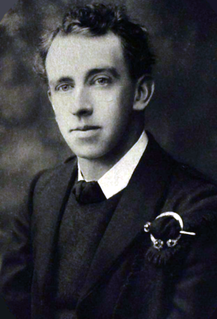Top 1200 Best Poet Quotes & Sayings - Page 2
Explore popular Best Poet quotes.
Last updated on November 16, 2024.
A true poet is more than just a man who can write a poem with a pen. A true poet writes poetry with his very life. A true poet doesn't use poetic devices to con the heart of a woman but uses the beauty of all that is poetic to serve, cherish, and express love to the heart of a woman. Just as a true warrior is not a conqueror of femininity but a protector of femininity, a true poet is not just a wooer of a woman's heart but one who knows how to nurture and plant love in a woman's heart. Simply put, a true poet is a man who knows how to be intimate with a lover - first and foremost with Christ.
Part of the pleasure of giving a reading comes from the rapport between the audience and the poet. I don't want to get mystical here, but there's an energy flow that begins with the poet, and the energy goes out to the audience, and they're energized, and then they return that energy to the poet. As someone standing up there alone, facing these people, I can feel that rapport (or its absence).
People probably long for something genuinely personal in a society where the personal is often indistinguishable from the "personalized." Maybe the poetry audience member is searching for his or her own "personal space" and they expect the poet to be a sort of avatar of the private life. But that sort of representation is distasteful to me. Asking a poet to represent the personal life is, paradoxically, to turn the poet into something other than a person.
A trouble with poetry is the presence of presumptuousness in poetry, the sense you get in a poem that the poet takes for granted an interest on the reader's part in the poet's autobiographical life, in the poet's memories, problems, difficulties and even minor perceptions. I try to presume that no one is interested in me. And I think experience bears that out. No one's interested in the experiences of a stranger - let's put it that way. And then you have difficulty combined with presumptuousness, which is the most dire trouble with poetry.
Happy indeed the poet of whom, like Orpheus, nothing is known but an immortal name! Happy next, perhaps, the poet of whom, like Homer, nothing is known but the immortal works. The more the merely human part of the poet remains a mystery, the more willing is the reverence given to his divine mission.

